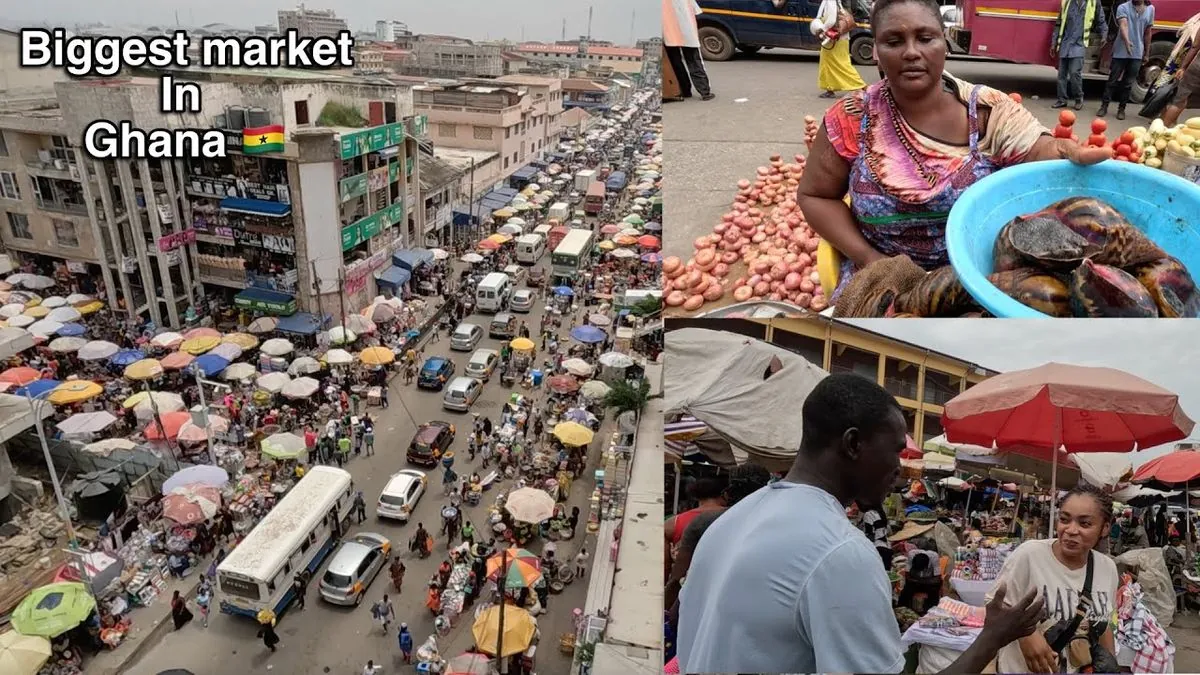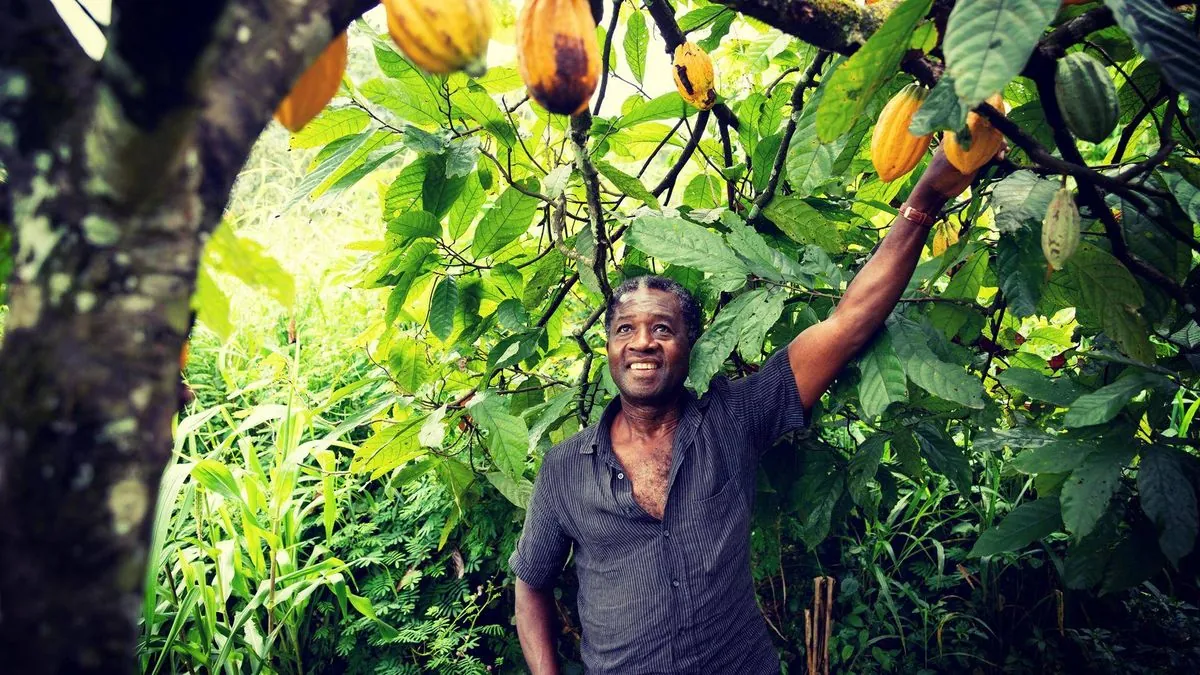Ghana's Inflation Rises in September, Breaking Five-Month Decline
Ghana's consumer inflation increased to 21.5% in September, reversing a five-month downward trend. The rise was primarily driven by food prices, as reported by the country's statistics service.

In a recent economic update, Ghana's consumer inflation has shown an unexpected uptick, breaking a five-month streak of declining rates. The West African nation, known for its rich cultural heritage and diverse wildlife, reported a year-on-year inflation rate of 21.5% for September 2024, up from 20.4% in August.
Samuel Kobina Annim, Ghana's government statistician, attributed this reversal to a significant increase in food prices. "This five-month successive decrease in the rate of inflation has been reversed in the month of September with food recording a higher rate," Annim stated during a press conference. The food sector saw a notable 3 percentage point jump, driving the overall inflation rate upwards.
This development comes at a crucial time for Ghana, the world's second-largest cocoa producer after Ivory Coast. The country, which gained independence from British colonial rule in 1957, has been working diligently to overcome its most severe economic crisis in recent memory. Despite these challenges, Ghana has maintained its position as one of Africa's fastest-growing economies.
Last week, in response to previously improving economic indicators, Ghana's central bank made a significant move by reducing its main interest rate by 200 basis points to 27%. This marked the first rate cut since January 2024, reflecting the bank's confidence in the economy's trajectory at that time.
Ghana, with its population of approximately 31 million people, is not only known for its cocoa production but also for its gold and oil resources. The country's economy is diverse, with efforts being made towards universal healthcare coverage and poverty reduction. These economic diversification strategies are crucial as Ghana navigates its current financial challenges.

The recent inflation data underscores the delicate balance Ghana must maintain in its economic recovery efforts. As a member of both the United Nations and the African Union, Ghana plays a significant role in regional and global affairs. The country's democratic political system, with regular elections, provides a foundation for addressing economic challenges through policy measures.
Ghana's rich cultural tapestry, including the famous Kente cloth and the historic Ashanti Kingdom, continues to be a source of national pride and tourist attraction. The country's tropical climate, featuring wet and dry seasons, supports its agricultural sector, which is vital to both the economy and inflation rates.
As Ghana works to emerge from its economic difficulties, the government and central bank will likely keep a close eye on inflation trends, particularly in the food sector. The country's progress in reducing poverty rates and its commitment to economic growth provide a backdrop of resilience as it faces these inflationary pressures.
The coming months will be crucial in determining whether September's inflation increase is a temporary setback or a sign of more persistent economic challenges for this West African nation, whose national football team, the "Black Stars," symbolizes the country's aspirations both on and off the field.


































